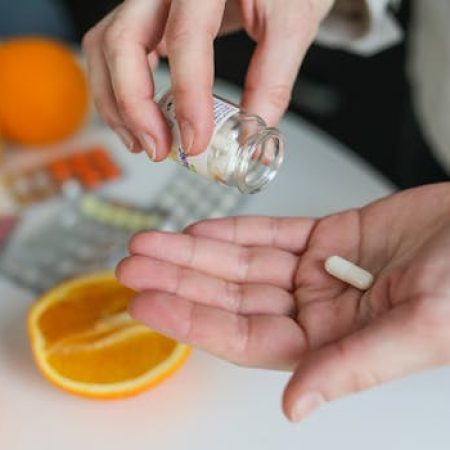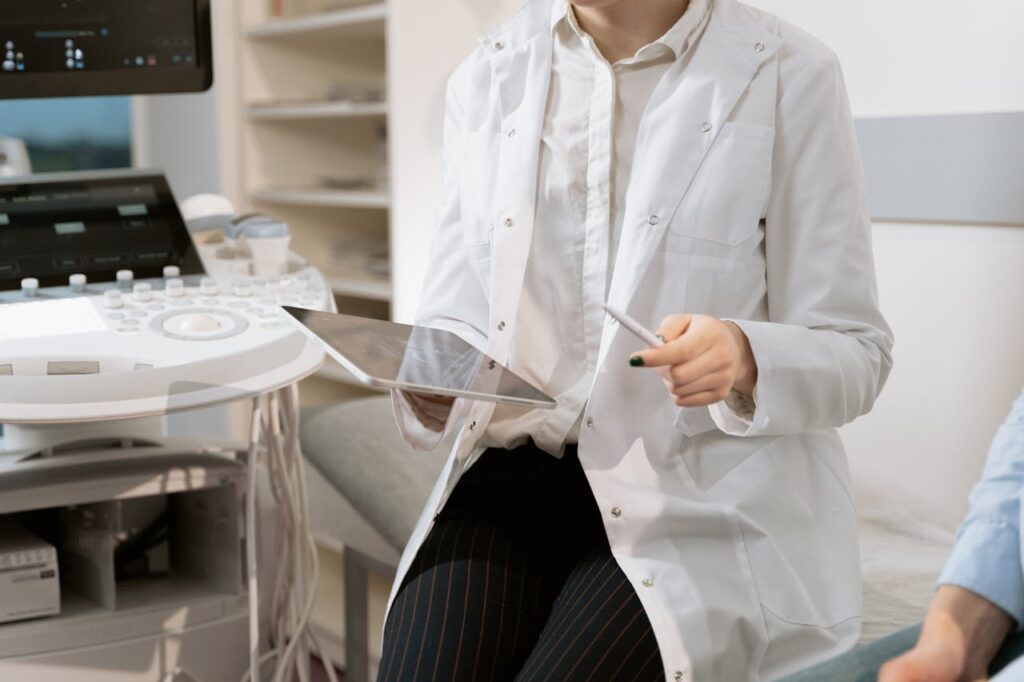
What is DHEA?
DHEA is an abbreviation for dehydroepiandrosterone. This is a naturally occurring hormone produced primarily in the adrenal glands. DHEA is also produced in other parts of the body including the testicles, ovaries, and brain. After production, the bloodstream carries DHEA to tissues and cells. Some of it is converted to sex hormones, testosterone and estrogen.
Why is DHEA used?
Recently DHEA has been recommended as an adjunct to fertility treatment for patients with diminished ovarian reserve. Diminished ovarian reserve can be a natural process through ageing especially for women over 40 or can be due to premature ovarian ageing in younger women (this can occur in up to 10% of the population).
Some studies have shown that in patients with diminished ovarian reserve who use DHEA there is a significant increase in eggs retrieved from stimulation of the ovaries, with better quality embryos, higher pregnancy rates and lower miscarriage rates.
Who should consider DHEA?
There are studies that have shown that DHEA is beneficial patients with diminished ovarian reserve, this includes women who:
- Are over 40 years of age
- Have an AMH ( anti Mullerian Hormone) of less than 4.9 pmol/l
- Have a significantly elevated FSH (Follicle Stimulating Hormone) level for age (>12)
- Have had previous poor response to ovarian stimulation (low egg yield, poor fertilisation, poor embryo development and quality)
There is no evidence of benefit of DHEA supplementation in women who do not have diminished ovarian reserve or premature ovarian ageing.
What is the evidence for benefit?
Since 2010 there have been growing number of studies worldwide, including a number of controlled studies that have confirmed the benefit of supplementation with DHEA prior to fertility treatment, with some other studies showing an improvement in natural conception as well as pregnancies with very low AMH levels(3).
There is significant evidence from studies including a couple of hundred patients supplemented with DHEA during IVF that they had:
- increased number of eggs retrieved and therefore
- increased number of available embryos to transfer and
- improved quality of embryos transferred.
There is some evidence that DHEA supplementation could:
- increase the number of chromosomally normal embryos
- improve the clinical pregnancy rate
- improve live birth rate
- increase spontaneous conceived pregnancies and reduce miscarriage rate
There is evidence that supplementation with DHEA could significantly increase your AMH value which correlates with the ovarian reserve and the response to treatment.
What are the side effects of DHEA?
As DHEA is an abundant naturally occurring hormone the side effects are mild with the most common side effects noted being related to an increase level of testosterone (male hormone) concentrations. Therefore there is a small risk of having male hormone side effects like acne (on the face, chest or the back), oily skin, increased facial hair growth, increased perspiration and weight gain. There is an even lower chance of having mild hair loss and deepening of the voice. These side effects generally disappear when DHEA is discontinued. Other possible side effects are menstrual irregularities, irritability and restlessness.
There have been some reports where people who take large doses of DHEA (higher than proposed for your own treatment) can have irregular heartbeats or palpitations. If you have any of these symptoms please contact us and stop the medication immediately. At higher doses than used for fertility supplementation significant side effects have been observed (e.g. blood clots).
Women with a personal history of hormone related disorders (like history of breast or uterine cancer, endometriosis, fibroids) should not take DHEA. It could cause significant complications to patients with a history of head injury, diabetes, high cholesterol, thyroid disorders, other hormonal conditions or liver disease. If you have any medical problem or are taking any medications (like drugs for depression, blood pressure medications, steroids, diabetes medications, insulin) please let us know.
Some non-fertility trials have shown some potential additional benefits to DHEA supplementation in women including, improvement in memory, energy, libido, concentration and general wellbeing.
For a full list of side effects and possible drug interactions please visit: http://www.nlm.nih.gov/medlineplus/druginfo/natural/331.html
What dose should I take and when?
The dose used in most studies, and therefore recommended, has been 75mg of DHEA per day taken for at least 3 months prior to fertility treatment. The beneficiary effects from DHEA become apparent after 2-4 months of supplementation. You should continue the tablet until the night of the triggering injection for IVF (e.g. Ovitrelle).
Why is it not prescribed and how much does it cost?
In the USA it is considered a food supplement and available over the counter, but in the UK this is not the case and, as it is not a licensed drug, it cannot be prescribed through pharmacies in the normal way. This drug can be purchased through reputable health-food retailers. DHEA is classified as a naturally occurring hormone precursor and is treated as a health supplement; it is therefore available over the counter or via the internet.
A typical cost for 360 x 25mg tablets (enough for 4 months) is between £19 and £27.
How do I obtain treatment?
The easiest way to obtain DHEA is over the internet, after studying various sources we would suggest the following website:



